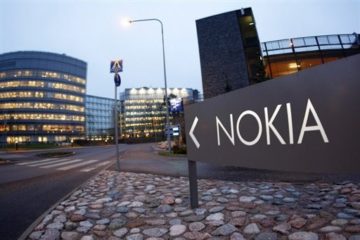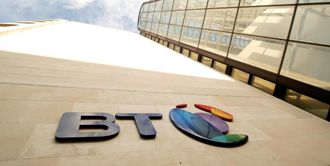 Dell and Nokia have signed a pact which they claim will revolutionise the telecom ecosystem and private 5G for businesses.
Dell and Nokia have signed a pact which they claim will revolutionise the telecom ecosystem and private 5G for businesses.
The dynamic duo will share their expertise and solutions, including Dell’s infrastructure offerings and Nokia’s private wireless connectivity capabilities.
Grey box shifter Dell will become Nokia’s preferred infrastructure partner for its AirFrame servers, with the former rubber boot maker Nokia offering Dell technology as part of its telecom cloud deployments.
The companies have announced plans to gradually transition existing AirFrame customers to Dell’s infrastructure portfolio, which includes the tech firm’s PowerEdge servers for modern telecom network workloads.
 Former rubber boot maker Nokia announced a new 5G Fixed Wireless Access outdoor receiver and a new indoor gateway with Wi-Fi 7.
Former rubber boot maker Nokia announced a new 5G Fixed Wireless Access outdoor receiver and a new indoor gateway with Wi-Fi 7.








